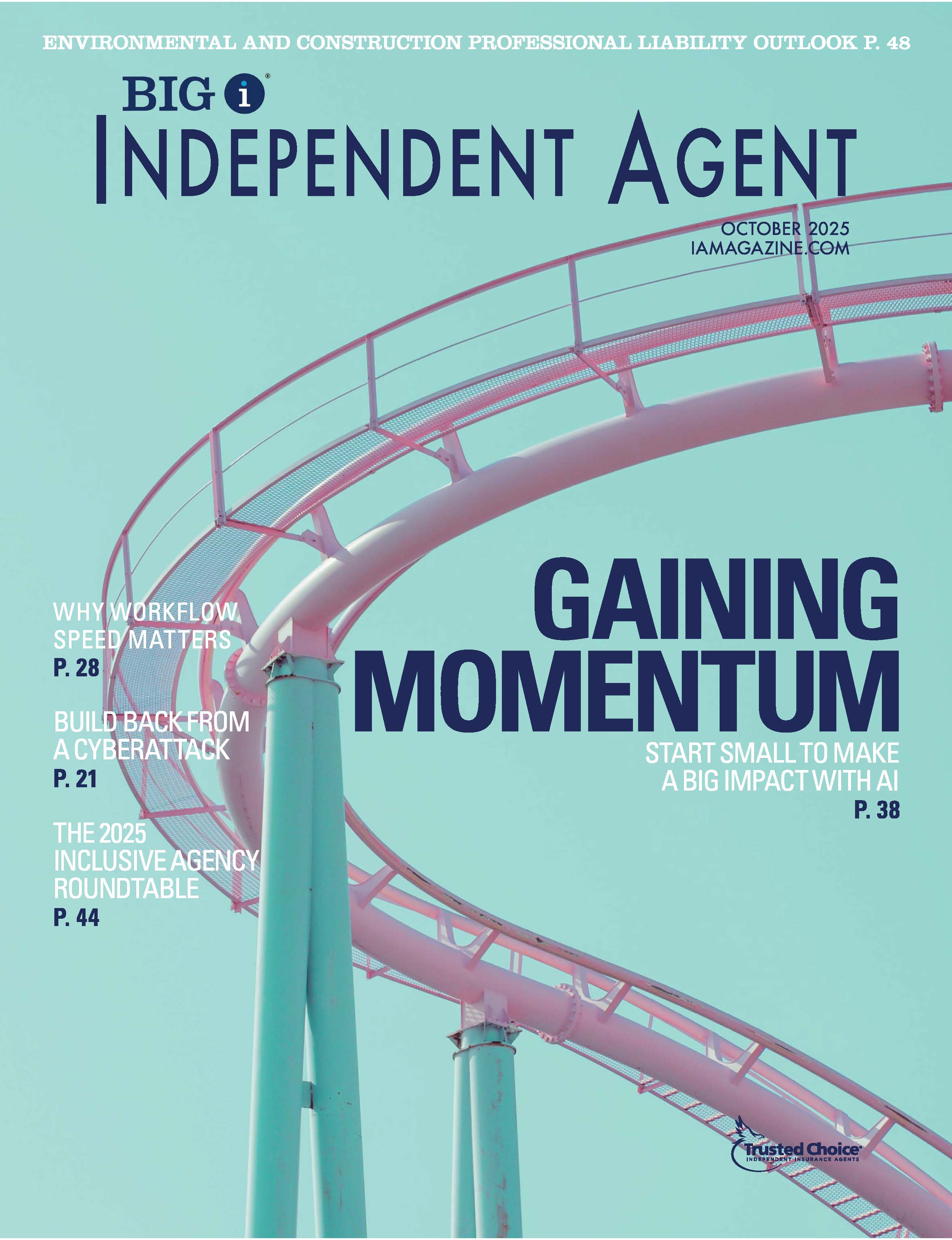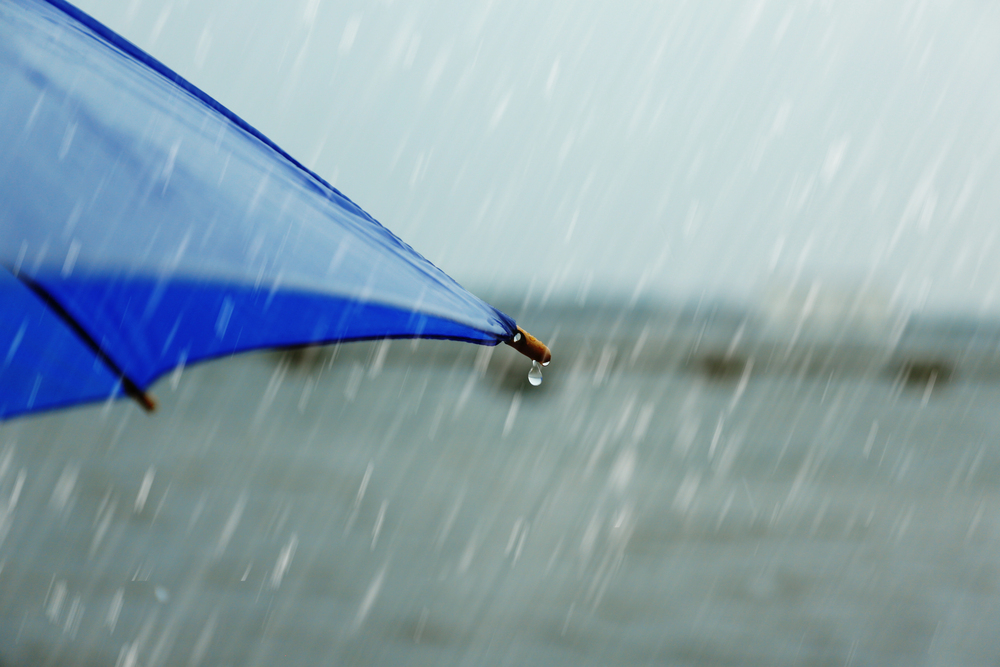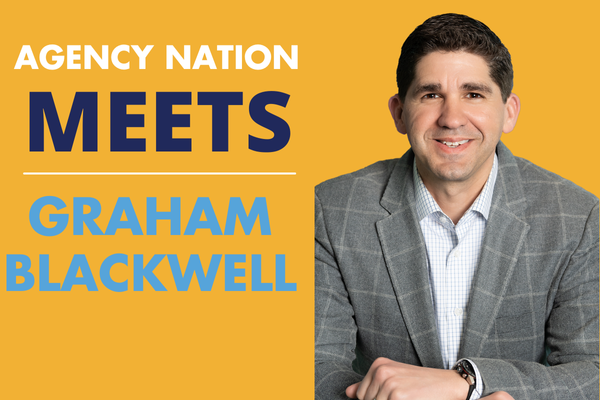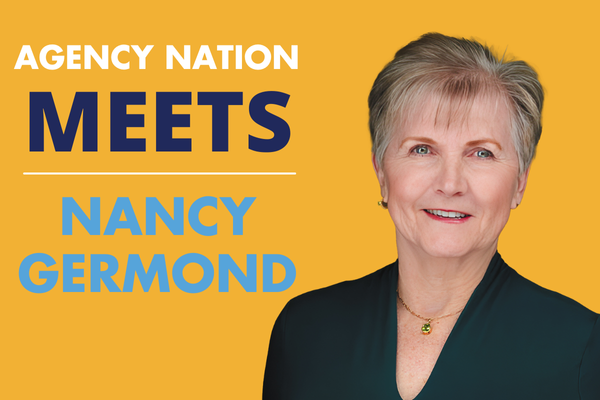Breaking Down PUP Myths
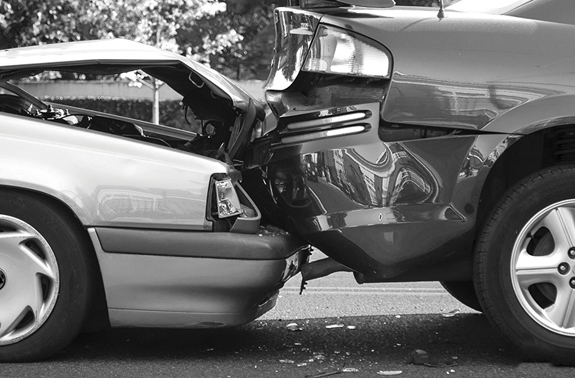
John Erickson’s grandfather was walking into a restaurant when he was hit by an uninsured motorist. For Erickson of Insure Forward in Fargo, North Dakota, it was a first-hand lesson in the need for a personal umbrella policy.
Erickson’s grandfather’s claim was significant. But “can you imagine how much that claim would have been worth if it had been a young person or a vehicle filled with a family?” he points out. “It was a good learning experience. I use that story when offering umbrellas to my clients.”
With only 10% of consumers purchasing an umbrella, it’s a market full of opportunity. So why aren’t more consumers buying?
Why Not?
The biggest consumer misconception: only wealthy individuals need an umbrella policy.
“A lot of people will say, ‘Well, I don’t have anything to sue for,’” says Julie Freemire of The Burns Agency in Clinton, New York. “But everyone has future wages. Retirement savings, future inheritances—it’s all fair game.”
Freemire says some clients think an umbrella isn’t necessary—they assume their underlying policy provides enough coverage. Erickson hears the same thing, but asks clients: “Do you really think $100,000 or $500,000 is going to satisfy major medical bills for a car accident if the other person doesn’t have insurance?”
When Erickson’s clients balk at the nominal additional cost to purchase a PUP, he reminds them that “there are certain people who are on the road who are uninsured or under-insured. You have a lot to lose—they might not have a lot to lose.”
It Could Happen to You
While uninsured motorists might be a reason for personal umbrella claims, many other scenarios can cause a hefty lawsuit.
Freemire says her agency has seen an uptick in homeowners-related personal umbrella claims, including incidents with dogs, people falling off ladders and slip and fall accidents. One client was sued by someone who twisted her ankle while looking for her dog on the client’s property.
Freemire also notes that accidentally hitting a pedestrian or bicyclist could have grave consequences for someone without personal umbrella coverage. “You didn’t see them, you hit them, they’re hurt—you get the paperwork in the mail from the lawyer,” she says. “Are you really going to feel comfortable having a $100,000 per person $300,000 per accident limit?”
Why RLI
Freemire says the flexibility of the RLI product makes it easy for agents to offer PUPs because the insured doesn’t need to have the same auto and homeowners carrier. Erickson, who says the product is easy to access through the Big “I,” wants to spread the word to other member agents about the value of the program.
“I want to help our independent agents and find tools to help them be a success,” Erickson says. “It’s a great product and it’s helping the greater good. The association has a great partnership with RLI.”

